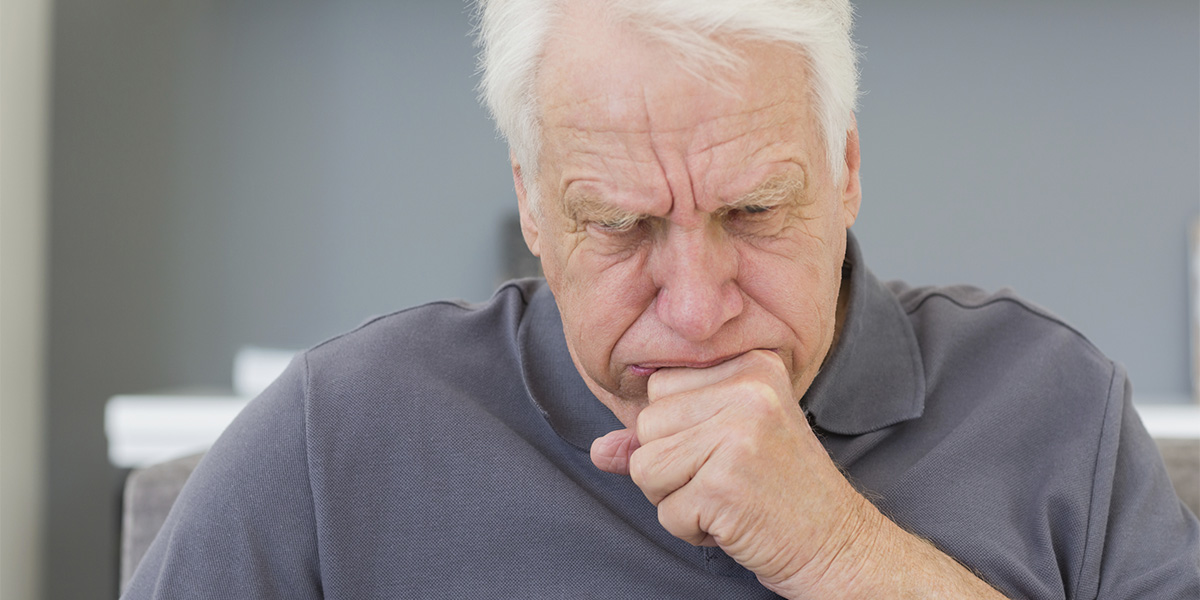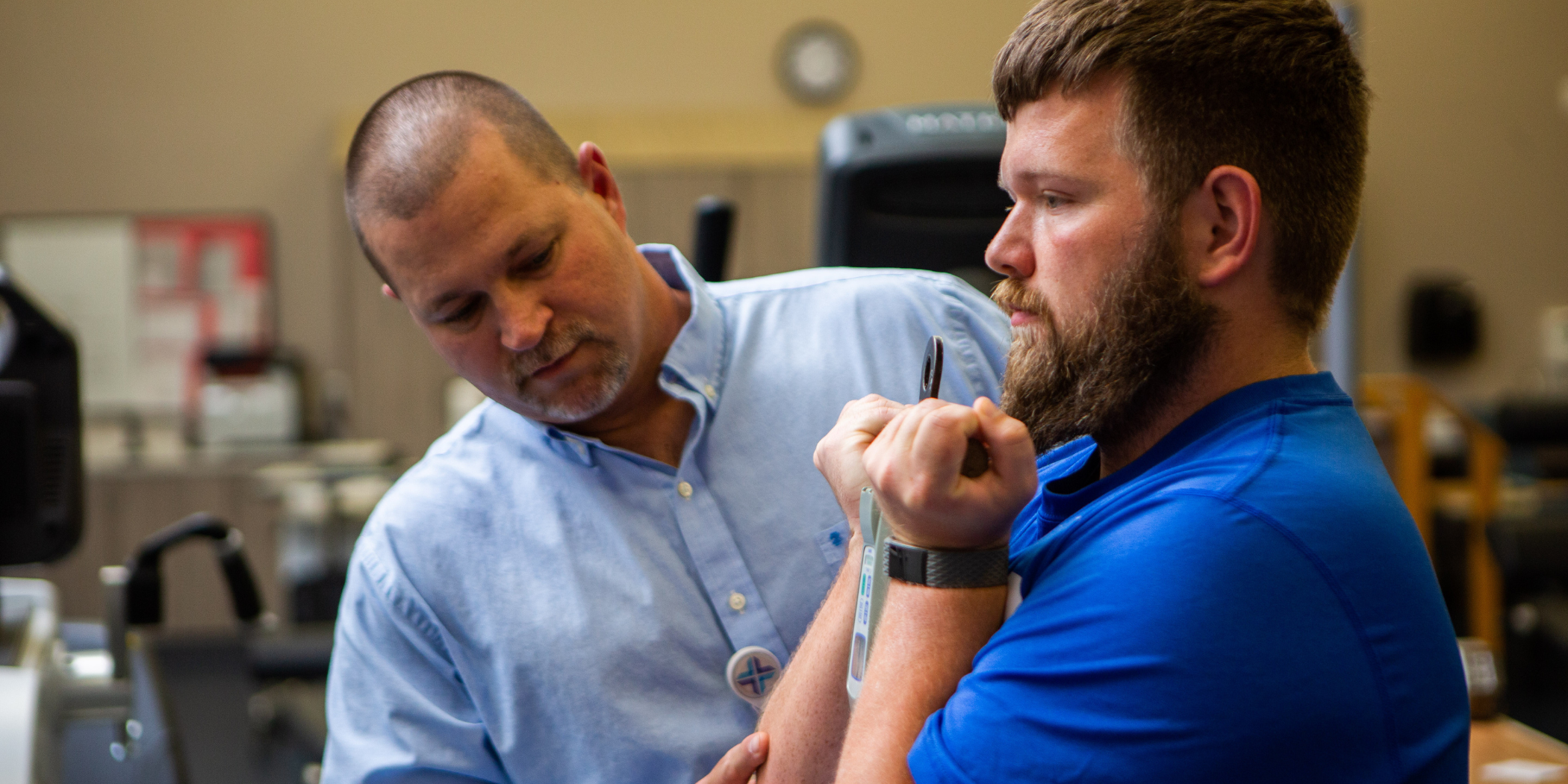
Deep breaths: Lung Cancer Awareness Month
Put down the cigarette and take a deep breath of fresh air.
Throwing away the small, nicotine-filled stick could lower your risk of lung cancer. Lung cancer kills 19 people every hour and causes more deaths than the next three most common cancers combined including colon, breast and prostate.
Smoking contributes to 80 percent of lung cancer deaths in women, and the average age of diagnosis is 71.
Some may smoke one pack of cigarettes a day. In South Carolina, the average cost for a pack of cigarettes is $5.55, equating to $166.50 per month. That is more than twice the cost of a monthly YMCA gym membership, which is approximately $56 per month.
When a person breathes in secondhand smoke, it is like they are smoking themselves. In the United States, about 3,000 people who never smoked die from lung cancer due to secondhand smoke every year.
But it isn't just cigarettes or second-hand smoke that causes lung cancer. Exposure to asbestos or radon also heightens the risk.
When a person has lung cancer, they have abnormal cells that cluster together to form malignant tumors. Unlike normal cells, cancer cells grow without order or control and destroy healthy lung tissue around them.
A tumor could be in the lungs without causing pain or discomfort. Symptoms that may appear include:
- A cough that does not go away or gets worse
- Coughing up blood or rust-colored sputum (spit or phlegm)
- Chest pain that is often worse with deep breathing, coughing, or laughing
- Hoarseness
- Weight loss and loss of appetite
- Shortness of breath
- Feeling tired or weak
- Infections such as bronchitis and pneumonia that don't go away or keep coming back
- New onset of wheezing
If lung cancer spreads to distant organs, it may cause:
- Bone pain (like pain in the back or hips)
- Nervous system changes (such as headache, weakness or numbness of an arm or leg, dizziness, balance problems, or seizures), from cancer spread to the brain or spinal cord
- Yellowing of the skin and eyes (jaundice), from cancer spread to the liver
- Lumps near the surface of the body, due to cancer spreading to the skin or to lymph nodes (collections of immune system cells), such as those in the neck or above the collarbone
The Lung Cancer Care Program is led by a registered nurse who specializes in the care of lung cancer patients. The lung cancer nurse specialist provides the patient and family with education, support and care coordination. This nurse coordinator supports the patient through every step in their fight against cancer and works hand-in-hand with physicians to ensure the needs of the patient and the families are met.
Find more information, or schedule an appointment with a physician to talk lung cancer.











